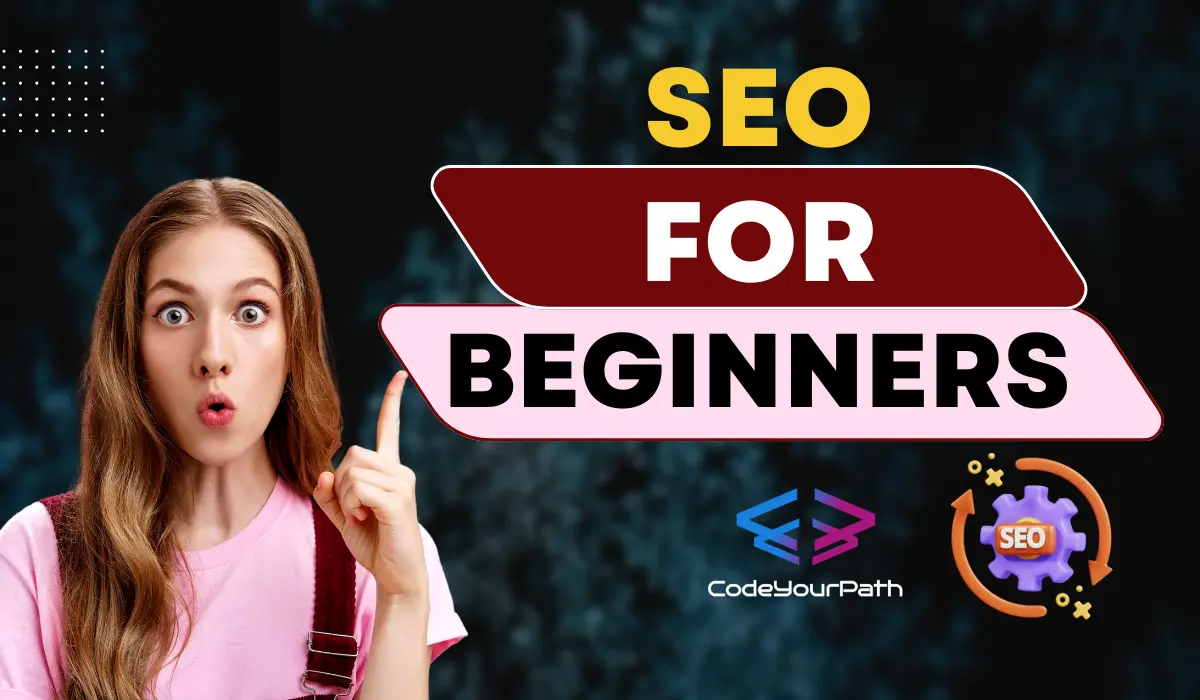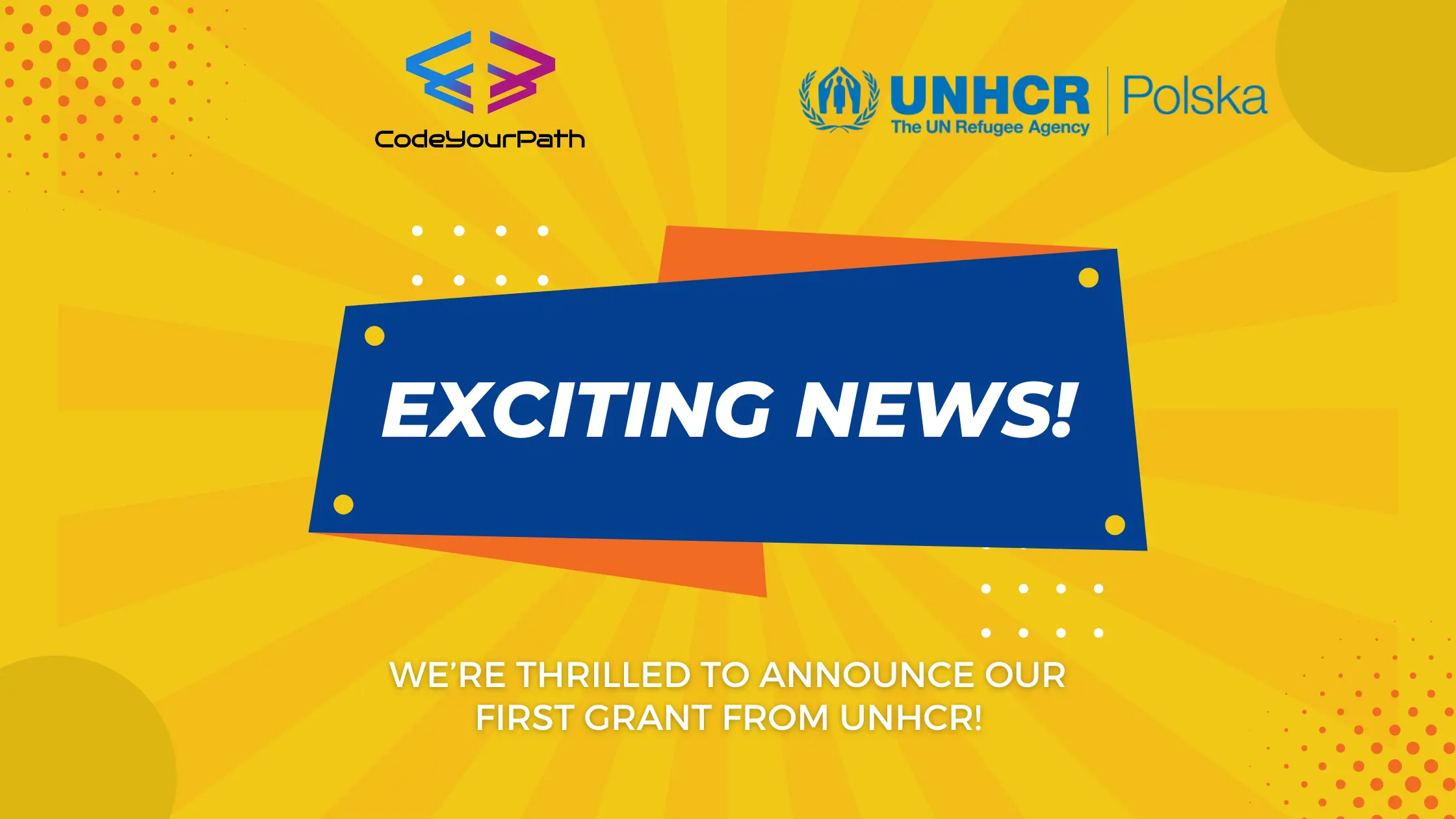Learn SEO for beginners with top free resources and strategies. Boost your website’s visibility and traffic with expert tips and tools. Whether you’re a blogger, a business owner, or just curious about SEO, this guide will walk you through the basics and provide you with the best free resources and strategies to get started.
What is SEO?
SEO stands for Search Engine Optimization. It’s the process of optimizing your website to improve its visibility on search engines like Google. The better your SEO, the higher your website will rank in search results, which can lead to more traffic and potential customers.
Why is SEO Important?
- Increased Visibility: Higher rankings in search results mean more people see your site.
- Traffic Growth: More visibility leads to more visitors.
- Credibility and Trust: Sites that appear on the first page of search results are generally perceived as more credible.
- Better User Experience: SEO involves improving your site’s usability, making it more user-friendly.

Top Free Resources to Learn SEO
- Google’s SEO Starter Guide Google’s own guide is a great place to start. It’s comprehensive and written by the creators of the world’s most popular search engine.
- Moz’s Beginner’s Guide to SEO Moz offers an in-depth guide that’s perfect for beginners. It covers everything from the basics to more advanced concepts.
- Yoast SEO Blog Yoast is known for its popular SEO plugin, but their blog is also a treasure trove of information.
- Ahrefs’ SEO Learning Center Ahrefs provides detailed tutorials and case studies that are incredibly helpful for beginners.
- Backlinko’s SEO Guides Brian Dean of Backlinko offers some of the most actionable SEO advice out there.
Top Free SEO Tools

- Google Analytics A must-have tool for tracking your website’s performance.
- Google Search Console Provides insights into your website’s search performance and helps you understand how Google views your site.
- Rank Math SEO Plugin If you’re using WordPress, this plugin is essential for on-page SEO. It’s user-friendly and packed with features.
- Ubersuggest A free keyword research tool that helps you find new keywords and see how competitive they are.
- Answer the Public This tool provides insights into what questions people are asking about a topic, helping you to create relevant content.
Basic SEO Strategies
- Keyword Research Understanding what terms your potential visitors are searching for is key. Use tools like Ubersuggest and Google Keyword Planner to find relevant keywords.
- On-Page SEO This involves optimizing individual pages on your site to rank higher and earn more relevant traffic. Key aspects include:
- Title tags
- Meta descriptions
- Header tags (H1, H2, H3, etc.)
- URL structure
- Internal linking
- Content Creation Content is king in the world of SEO. Create high-quality, relevant content that answers the questions your audience is asking. Use your keywords naturally within the content.
- Backlink Building Backlinks are links from other websites to your own. They are crucial for SEO because they act as votes of confidence from other sites. Focus on earning high-quality backlinks from reputable sources.
- Technical SEO Ensure your website is technically sound. This includes:
- Fast loading speeds
- Mobile-friendliness
- Secure (HTTPS)
- Properly structured data
- Monitor and Adjust SEO is not a one-time task. Regularly monitor your website’s performance using tools like Google Analytics and Search Console, and adjust your strategies as needed.
Conclusion
Learning SEO might seem daunting at first, but with the right resources and strategies, you can become proficient without spending a dime. Start with the basics, utilize the free resources available, and consistently apply what you learn. Over time, you’ll see your efforts pay off with higher search rankings and increased traffic.




